The best books I read this year
Sorry there are no political takes in here.
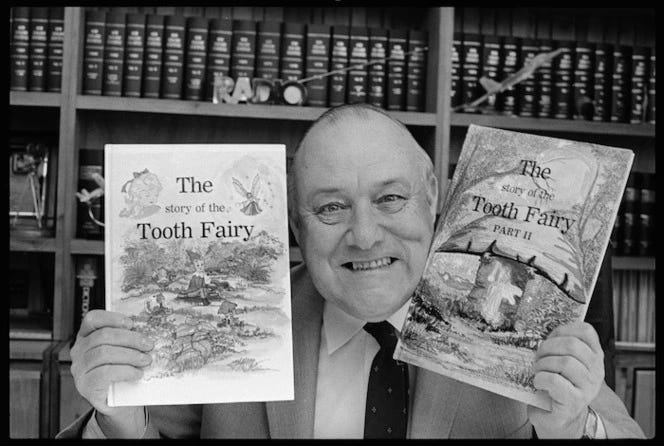
It’s year-ender season! In these hallowed December days it briefly becomes normal to talk relentlessly about yourself and your cool taste on social media, via a small glimpse of the data that giant tech companies hold about you. And if you have a bigger platform - say a newsletter, or website - you get to organise that taste into a numbered list and harvest clicks as people rush to the comments to disagree with you.
Given the news agenda slows down around now, it’s very important that we keep this tradition alive. The war on Christmas must not be allowed to spill over into an assault on lists.
In that spirit, I am writing to you about some of my favourite books I read this year, in no particular order. This post is not exclusively about NZ politics so do feel free to delete it from your inbox if that is 100% what you are after from this newsletter.
Free by Lea Ypi
I cannot stop recommending this memoir.
Lea Ypi grew up in Albania, which carried the torch for full-on Stalinism far longer than anywhere else. She was an adolescent when “history ended,” communism fell, and she discovered a huge secret about her family that I will not spoil here.
The first half of the book is somewhat standard “here’s what it is like to live in a Stalinist dictatorship” stuff, which you can read in many places - although Ypi’s version of it is great in itself.
But the real strength is in the second half, after and during the fall, when Ypi recounts how her family reacted to the new world they were living in, which eventually devolved into full-on civil war, as a pyramid scheme the Government had promoted collapsed, taking with it the savings of almost a third of the country.
Ypi is a professor of political theory. This gives her the clarity of thought to tell a deeply personal tale of the 1990s and lace it with profound reflections on issues that are timeless, like European migrant “crises” and property relations.
Blue Blood by Andrea Vance
New Zealand doesn’t have enough political books for my liking. But there does seem to be a bit of an upswing in publisher interest in New Zealand politics, likely brought on by the success of the various books cashing in on the international interest in Jacinda Ardern.
Andrea Vance - who I should note was a colleague of mine until recently, as well as a source of advice and wisdom - has the best of the lot. This is a gossipy insidery account of a political party that sees itself as the natural party of Government failing to govern itself competently. There are some small copy errors (I’m hardly one to talk) that the publisher should have picked up on, but this book is absolutely worth your time.
Honourable mention: While we’re talking gossipy political books I should mention Christopher Finlayson’s Yes Minister, a great account of National in Government from a minister and master of insults. Finlayson has a common problem of Kiwi politicians writing about their careers: a failure to acknowledge his own ideology, instead attributing his views to common sense, while his opponents of course are blinkered by their silly ideological beliefs. But hey, it’s his book. Pulls far less punches than Judith Collins did.
The Neapolitan Novels by Elena Ferrante
I moved to London this year after 29 years of living continuously in Wellington. On the way my partner and I spent six weeks in the middle of summer in Europe - Italy, Greece, Turkey, Germany, Poland, then Italy again. This afforded lots of time to read fiction, something I don’t do enough of, and since our first stop was Naples I prepared by finally getting into the Ferrante books, which people have been recommending to me for years. You may know them by the name My Brilliant Friend, the title of the first book and the TV adaption.
The hype??????? Justified!!!!
The whole world is in these four books. Webs of familial and neighbourhood relationships that would take me hundreds of words to explain. Decades of 20th century Italian history, particularly the Years of Lead. More than anything a sense that you know every character enough to predict what they might say next, to think through how they will turn over an idea in their minds, to forget entirely that this is being mediated by an author and just want to catch up with your friends from Italy.
That said, the first book, which focuses on the characters as children and young teenagers, is probably the worst one. I was recommending these books to a friend recently, and she said “I don’t like to read about children” - a thought I can understand. It can get a bit old to read through the eyes of some precocious 11-year-old, able to see before she does her mistakes while also marvelling in her smarts. Luckily the books get away from the true childhood scenes fairly early - and really, you need to have read them to understand everything that comes later.
Watergate: A New History by Garrett M. Graff
Look, I get it. We’ve all seen All The President’s Men or at least browsed the “Watergate” wikipedia. We all have a hazy idea of what happened: A botched burglary, an attempted coverup, and then some embarrassing tapes from the White House.
But this book - one of those ones that is only really possible the benefits of decades of further research and declassification - will show you just how much more there is to it than those hazy details.
The reason I loved it was not just its actual explanatory value and “inside-the-room” feel of its various White House and newsroom scenes. No, the reason I really remember it was how unafraid it was to:
Point out how many times the journalists who broke the stories got huge facts wrong, or did stuff that some modern day journalists would never dream of. (Here’s a great piece about this by John Cook if you want to read more.)
Note that there are still huge gaps in our knowledge of Watergate: We don’t really know who actually ordered the burglary.
Making Peoples by James Belich
The first volume of James Belich’s mammoth history of New Zealand is not as strong as the second, which I read first.
Still, there is a reason these books are the definitive wide-ranging histories of Aotearoa, leaps and bounds ahead of the drab Michael King book.
Belich starts in pre-history, happily taking the reader into several historiography debates to explain his precise view of what New Zealand was like before European contact. He proceeds until the end of the 19th century.
Any story this large and complex needs some organisation principles, and Belich sticks very closely to his various theories of “crew culture” to give the story some form. This can occasionally be a bit trying, but there really is no alternative to having some kind of theory of history - you can’t just be out there listing events.
I think the book shines best when Belich gets to unleash some insane statistic or anecdote he’s somehow found: Whether it be that Otago was more Scottish than Scotland at some points or that there is a special dialect of Dalmatian only spoken in NZ.
Greta & Valdin by Rebecca K Reilly
I don’t read enough fiction, let alone New Zealand fiction. So I won’t make some pronouncement about this being the best Kiwi novel in years, as that would just make Steve Braunius mad at me. But I would quite like to.
I won’t try to explain the plot to you in too much detail: It’s basically a book about a Māori/Russian/Catalonian family in Auckland, particularly two younger members of it who live together. It’s deeply funny on a sentence-to-sentence level while not just taking refuge in laughs.
I like its approach to the “how do we write about people who have phones” question: Just leaning in and having a “Find My Friends” act as a plot device. I think we will see this more and more in fiction - it also features hugely in Detransition Baby by Torrey Peters, another funny book worth your time.
Sea of Tranquility by Emily St John Mandel
The Glass Hotel is basically the only book I will unreservedly recommend to anyone ever. And if you really are Christmas shopping from this list (I do doubt this) then you should buy The Glass Hotel instead, as Sea of Tranquility is a quasi-sequel.
I can’t talk about the plot much without spoiling everything.
It’s kind of a Covid-19 book. It’s kind of a time-travel book. It’s kind of a book about hating doing book tours. But mostly it’s a chance to be taken away by a writer at the top of her powers, who uses single paragraphs to convey more than a lot of people could manage across a whole chapter.
Five stars baby.
Honourable mentions:
Collapse by Vladislav Zubok is the book about the end of the Soviet Union, one that will help your understanding of the Ukraine situation’s historic roots a lot. It’s also quite a brick, so be prepared for reading a lot about various Gorbachev plans that never quite become reality.
Confidence Man by Maggie Haberman is my favourite Trump book so far, but is not as scoopy as you might expect. Haberman is very good at getting inside his head and also tells the story of his pre-presidency years very well.
Either/Or by Elif Batuman is as funny as The Idiot but the plot kind of drags it down.
Sugar Street by Jonathan Dee is a brutal and addictive book about how impossible it is to disappear these days, even if you truly do despise modern society. Think Dostoyevsky but in flyover USA.
Recommended (article) reading:
Sam Adler-Bell on the letters of John le Carre. Very excited to read them.
Adam Tooze on how hard it is to stop being a global superpower.


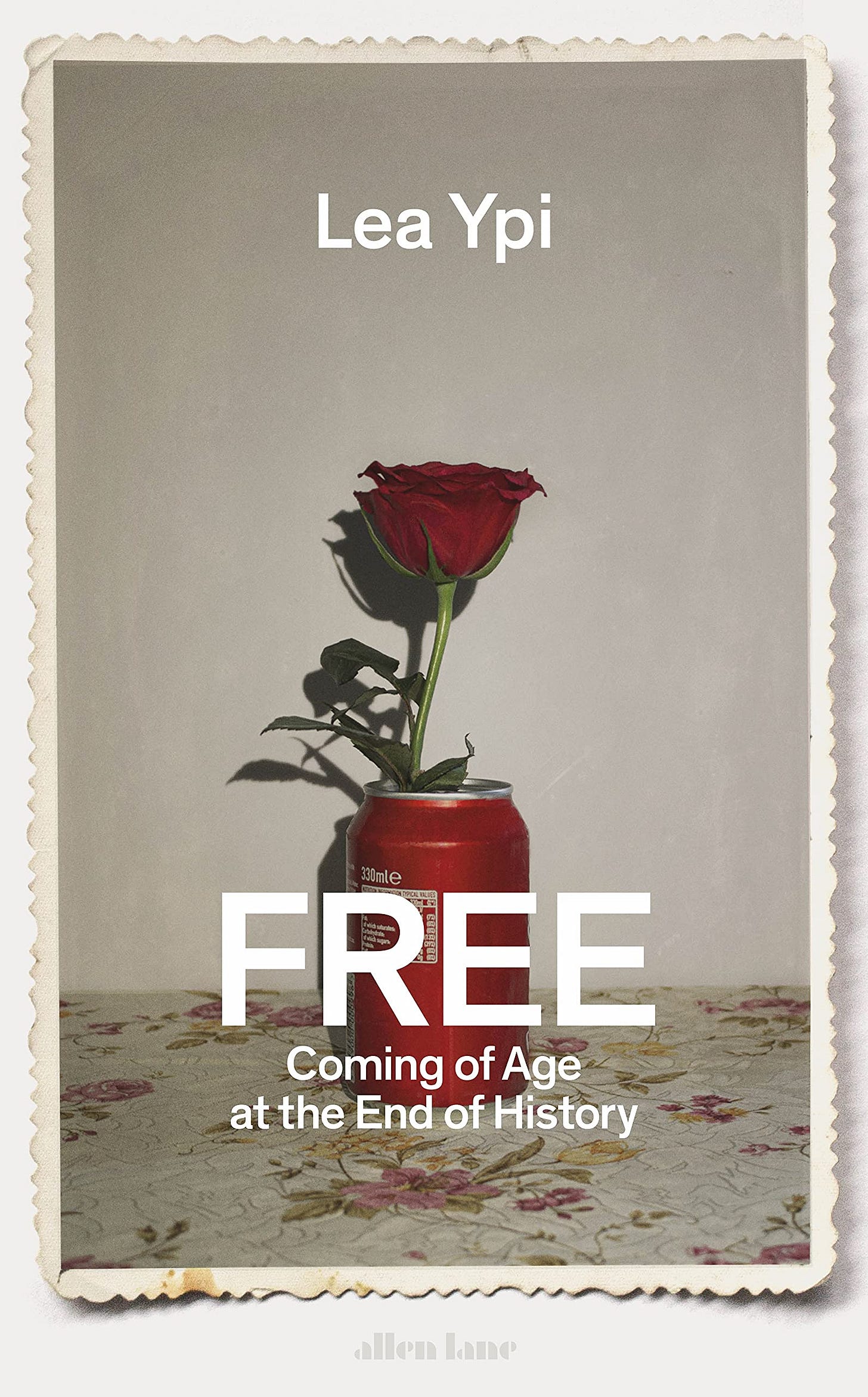
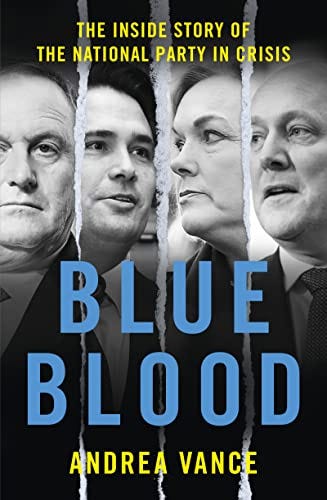
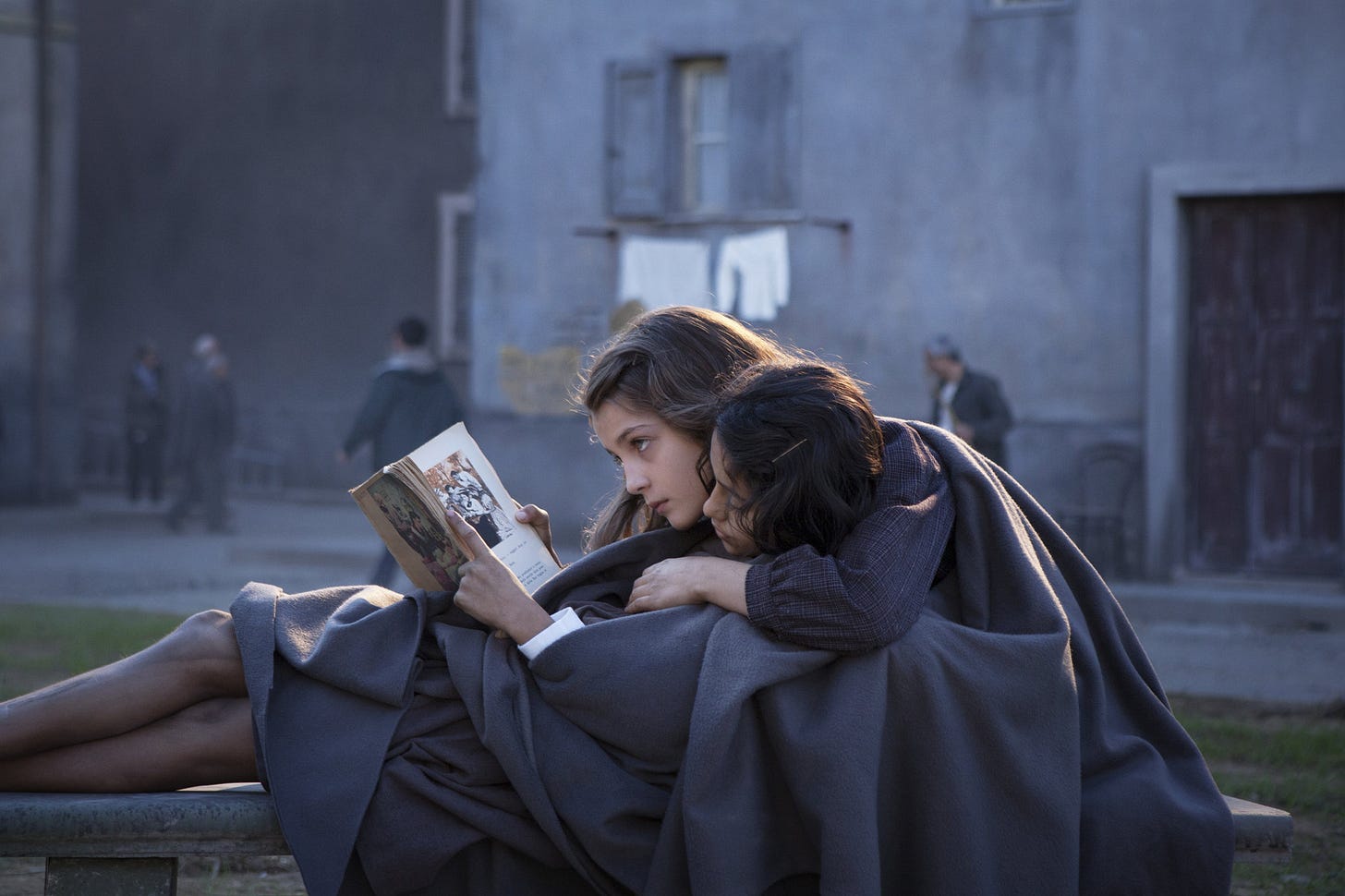
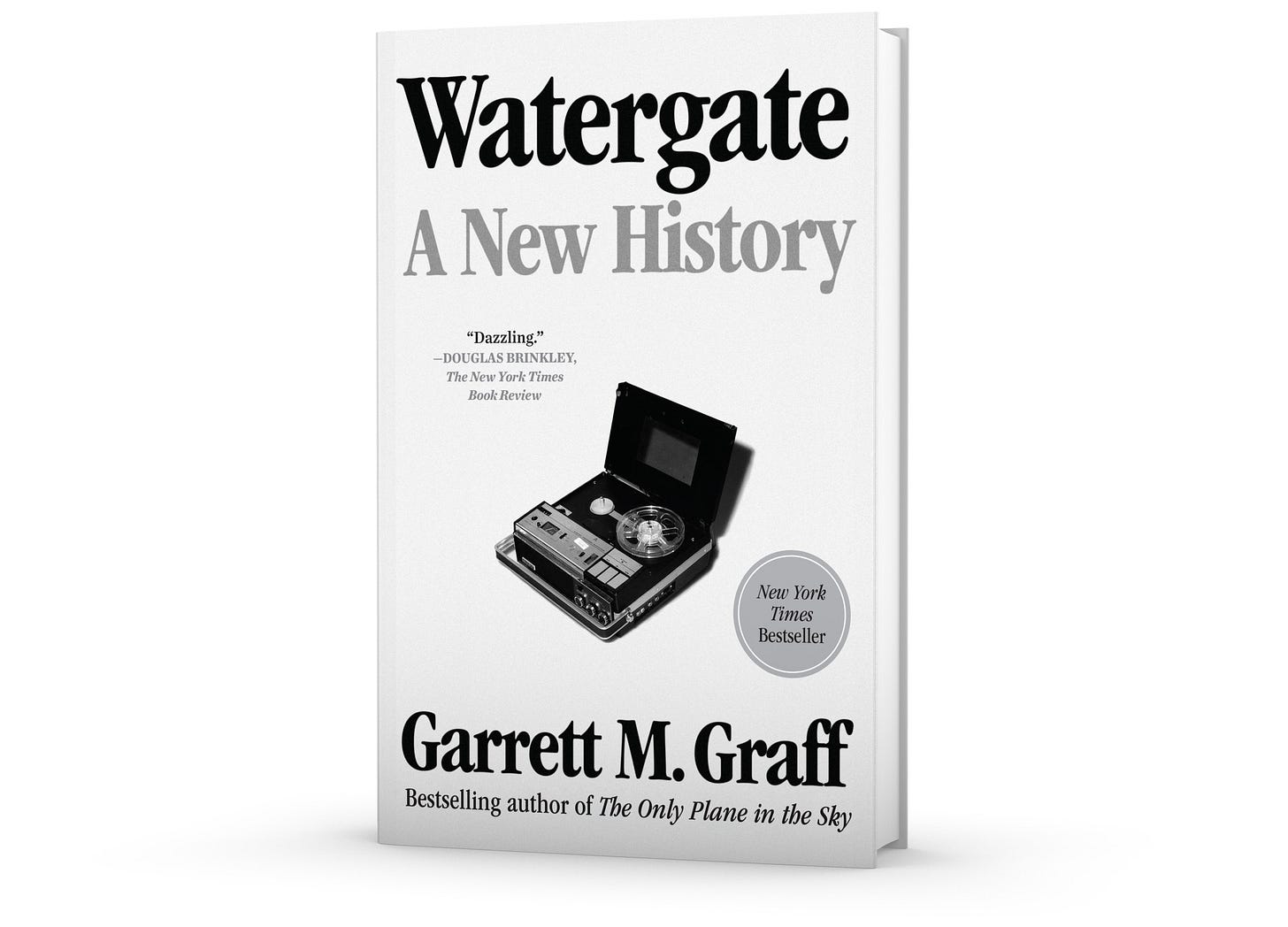



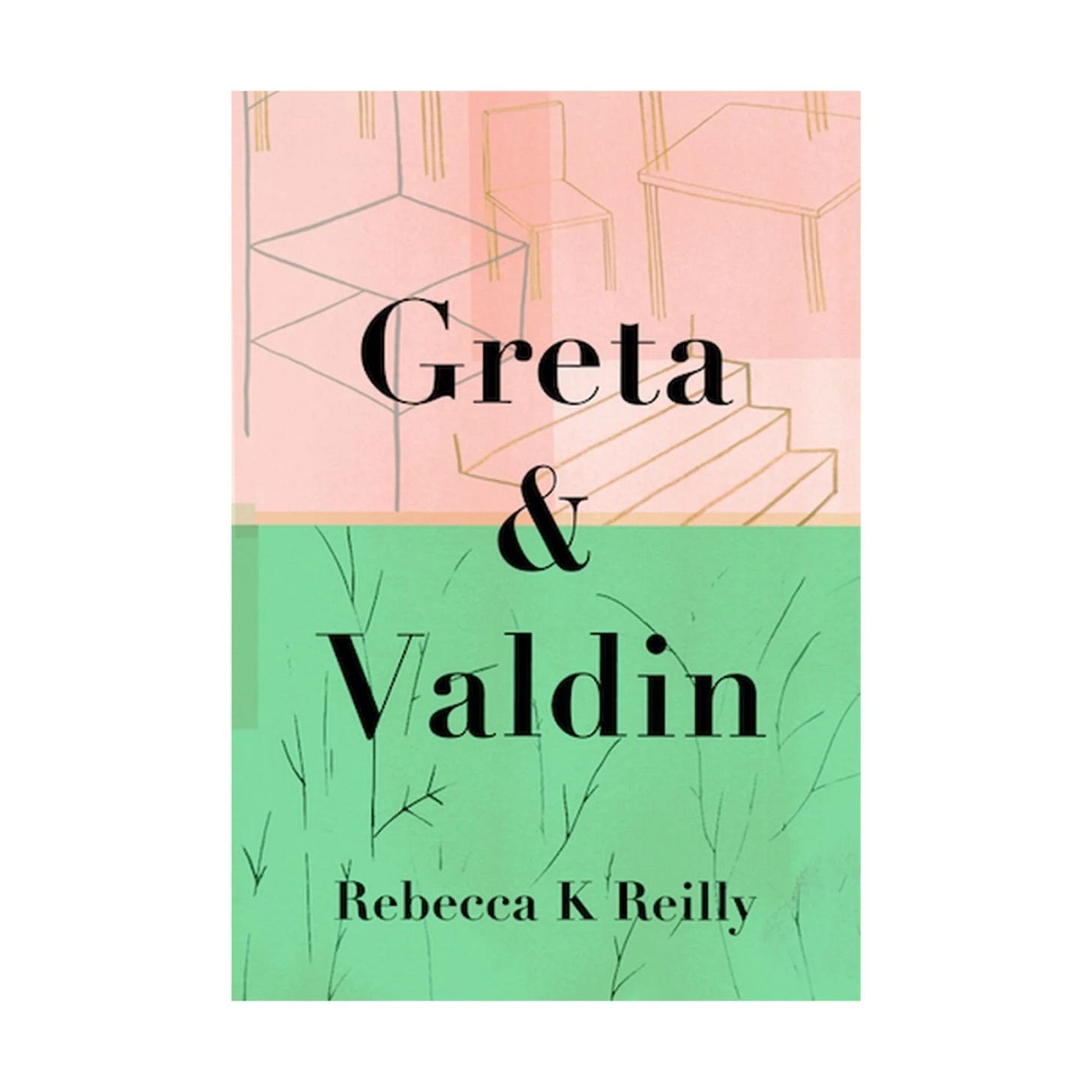
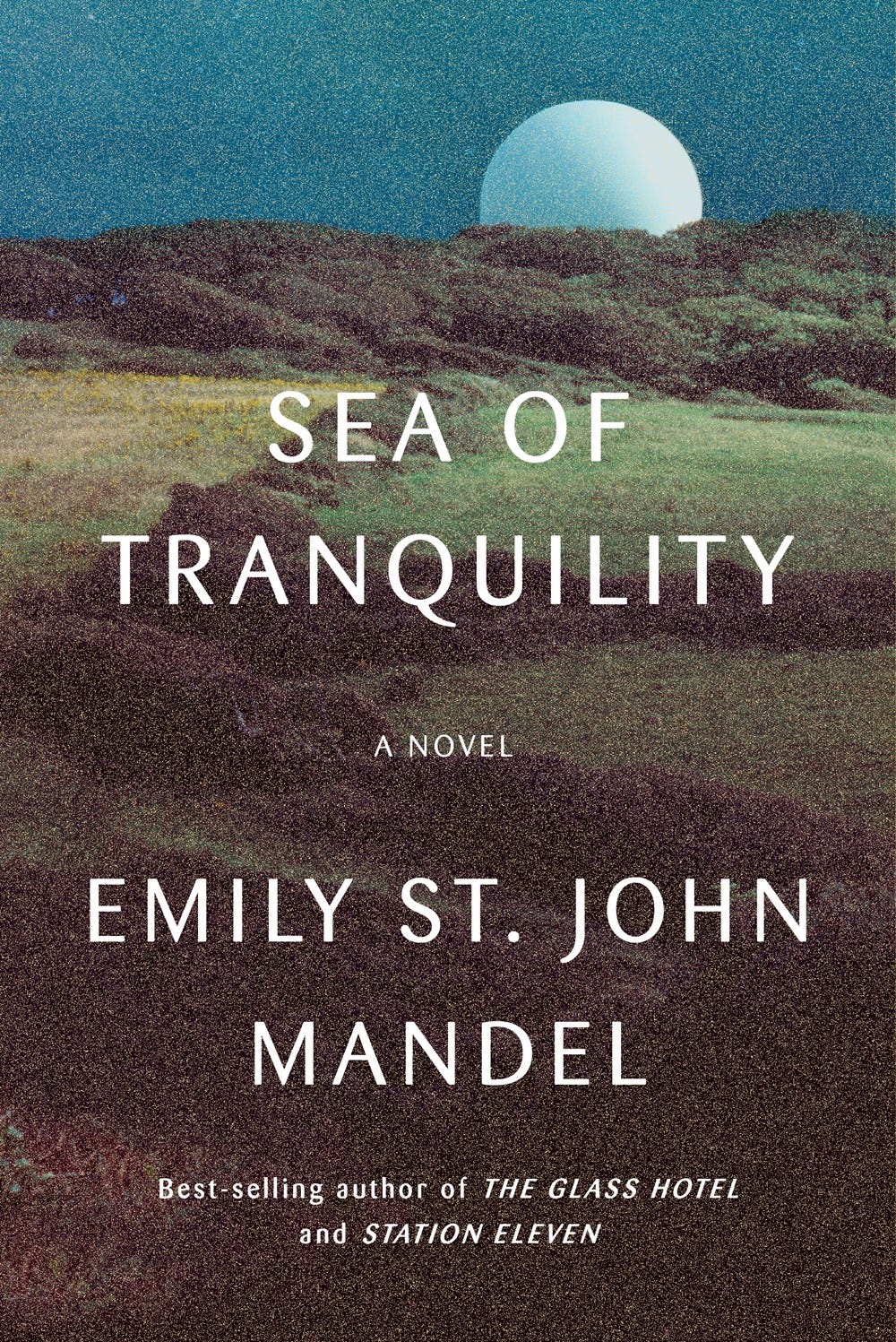
Just dittoing the previous comments to let you know this is valued as well as the political analysis! Really appreciate your comment on the Ferrante novels - I gave up on My Brilliant Friend so it's good to know it's worthwhile persevering.
Thanks for this. Really useful and informative. And also nice to see that journalists are reading widely as well as being widely read.